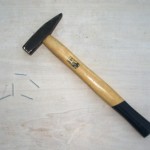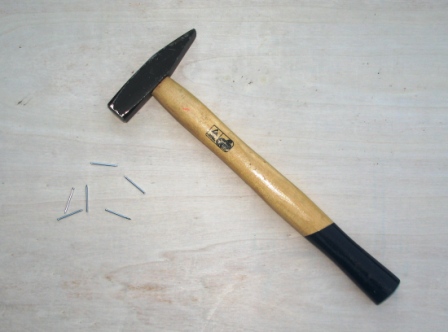We all tend to refer back to our experience when faced with problems. This might be an efficient approach, although not always the best one. There is a serious risk in relying on our experience.
Of course, experience is a great thing. It prevents you from making the same mistake twice. Over time you learn what works in a particular situation and what doesn’t. Every failure offers you a chance to learn something. As Thomas A. Edison said:
“I have not failed. I’ve just found 10,000 ways that won’t work.â€
However, your experience will only guide you to success,
- if you can refer back to a wealth of experiences from different situations, different problems, different solutions
- if you are able to build connections, to relate your experience from one situation to a completely different one, to sort out which experience best fits your actual challenge.
Under these conditions, your accumulated experiences are a solid foundation for your decisions.
However, sometimes we encounter a great success. We make an experience and learn what really works well. This may tempt us to generalize this experience. What worked well once, will work well again.
This judgement can lead our mind into a dangerous trap:
[bctt tweet=”When your only tool is a hammer, every problem looks like a nail.”]
Whenever you encounter a problem, you might refer back to your experience that led you to a tremendous success once. This old approach may even work again. Unfortunately, there is no guarantee that it will lead you to the optimal solution once again.
Do you want to settle for the second best solution for the rest of your life?
Are you aware that it might not even be the second best solution but the third best or just a mediocre one?
Think about the sales rep who successfully sold SUVs for years. Now that the demand for SUVs declines, he tries to talk his customers into even larger SUVs with more efficient engines because that is what worked well for so long.
He is so preoccupied with his “hammerâ€-experience, he doesn’t realize that his customers’ interest has already shifted to smaller cars.
Think about the components manufacturer who successfully relied on his engineering skills for years. Every time demand declines, he develops an even more advanced high tech component. Although he may have some success with these high end products, he doesn’t realize that there is a large market for simple, yet reliable components.
The next time you are tempted to get out your hammer, think twice if a screwdriver of a file might be the better solution!


